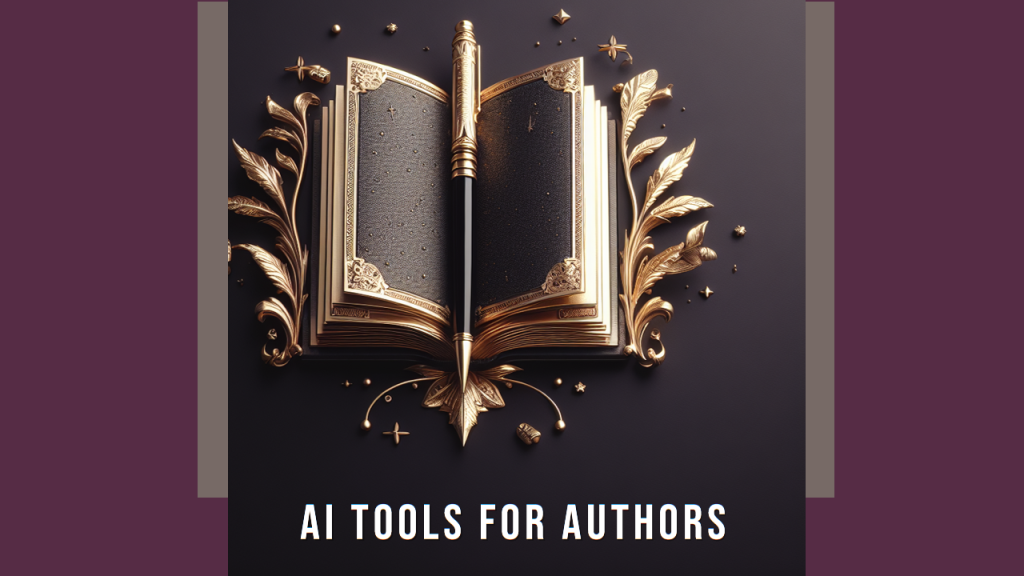As an author, I recently decided to explore various AI tools that could assist me in my writing endeavors, whether it be for my book or my blog articles. The results were quite refreshing, as each tool offered its unique strengths and weaknesses based on the models, they were trained in. It became clear that it was important to identify what specific features I was seeking in a tool, such as paraphrasing and grammar support rather than ideation. Ultimately, I settled on TextCortex for German language support and Grammarly as my go-to grammar hero. However, for writing a book in English, I found that NovelAI seemed to be the perfect choice, even though I only scratched the surface of its main functionality. It appeared to possess the ability to truly delve into the intricacies of a well-crafted book.
Test outcome
At first, my requirements were quite unclear. To gain clarity, I immersed myself in numerous reviews and familiarized myself with popular writing tools such as SudoWrite, Jasper, Rytr, ChatGTP, Grammerly,… However, this extensive research failed to shed light on the most suitable tool for my needs. The overwhelming number of options can leave one feeling uncertain. While ChatGTP may appear to be a one-stop solution, I believe the key lies in truly understanding one’s specific requirements. This understanding simplifies the decision-making process.
Through further exploration and hands-on testing of various tools, it became evident that most book writing assistants heavily focus on generating ideas and providing help with grammar and paraphrasing. I quickly realized that the generation of ideas was not my primary concern. Instead, I desired tools that could enhance and refine the thoughts already in my mind. To be honest, the suggestions offered by these tools were uninspiring and predictable.
For example, I utilized Sudowrite to create an enticing date night scenario, taking advantage of its censorship-free nature and allowance of provocative language. Additionally, I had Claude, known for their elegant wording, and NovelAI write about a brave individual who slays a dragon. The outcomes were disappointingly predictable. The scenario of a date night mirrored countless love stories I had devoured since my reading binge began in 2023, and the dragon slayer, unsurprisingly, took the sword and dispatched the dragon with a single strike. Ugh. As a result, there were no surprises or unexpected elements in the brainstorming process. However, I found the other features to be much more impressive. I particularly enjoy using SudoWrite, which I still rely on the free version of, to provide vivid descriptions of things or situations. It stimulates the senses, such as smell or taste, and has proven beneficial for my visually oriented mind.

NovelAI stands out as one of the most impressive tools in terms of its memory capacity and complexity. And while I appreciated the strong features of it, it turned out to be quite nasty. Initially, it made a good attempt to generate a story of a bold dragon slayer, but things took a negative turn when I attempted to disrupt the overall direction of the narrative. Actually, it became downright nasty, almost as if I had been matched with a disgruntled human who was just minutes away from the end of their workday (I, blue font color, suggested a fresh approach to enliven the lackluster tale, but it questioned my right to reshape the narrative again…)

TextCortex demonstrated a good ability to consider preceding and succeeding paragraphs. And generally, voids generating content for supposed “blanks” that have already been explained in the previous paragraphs. But why I ultimately chose TextCortex as the tool of choice was its support the German language.
Interestingly enough, most of the tools I have tested still made grammar errors (TextCortex makes quite a few), and I am not alone in noticing this. That is why I have Grammarly running in parallel using its desktop app. It constantly reminds me of my, and TextCortex’s, numerous grammar mistakes, highlighting them with a beautiful red underline to capture my attention. However, despite its great efforts, it doesn’t seem to come through to me. It appears that I am oblivious and immune to grammar. Nevertheless, having this incredible assistant named Grammarly is truly wonderful. A blessing for people like me.
After using TextCortex and Grammarly for approximately two months, I am extremely pleased with the results. The advantages are twofold. Firstly, I no longer must repeatedly review sections of my book to achieve a polished flow. Secondly, I am relieved from the draining task of scrutinizing grammar details, which I find tedious and energy-sapping. The mere thought of it exhausts me. However, now I can wholeheartedly focus on writing, crafting the story, and on maintaining its fluidity. Furthermore, on days when my writing lacks eloquence, I utilize the features to experiment with different language tones and gain inspiration for describing situations in greater detail. It is invigorating. At times, it feels as though I am not working alone. Receiving input and feedback from the AI as it makes changes to the text makes reading the same page more refreshing.
Additionally, some of these tools offer (desktop) integration for Mac, Windows, and mobile devices. I am not familiar with mobile integration as I prefer to write on my laptop. Using a two-finger typing system would impede the smooth flow of my thoughts.
After finding the right solution (duo), I find writing to be a more enjoyable pursuit, yielding entertaining and refreshing results. I am aware that there are numerous other solutions available that would far better cater to your writing needs such as a scientific paper summarizer or wording support for marketing but I think Grammarly might be in any case a very welcomed tool to increase productivity.
Stay tuned for my next book.




